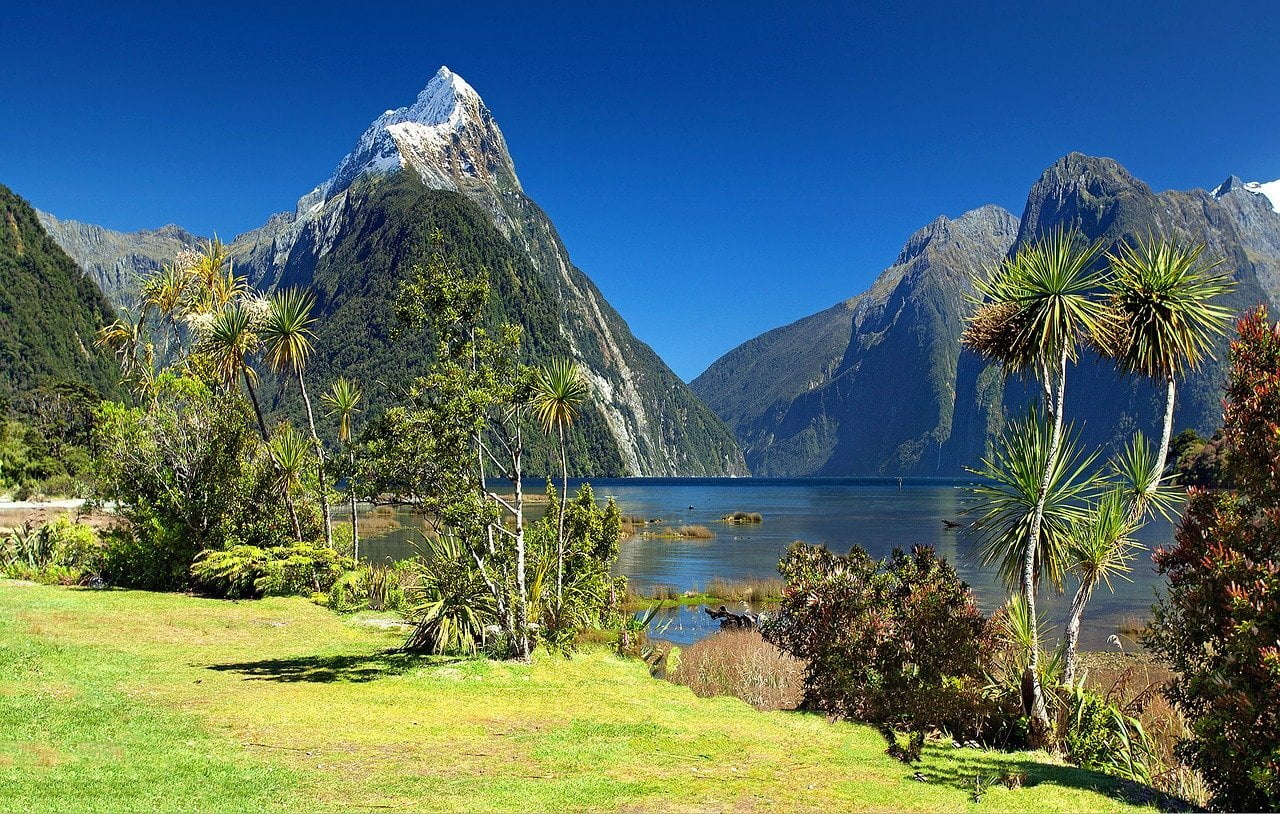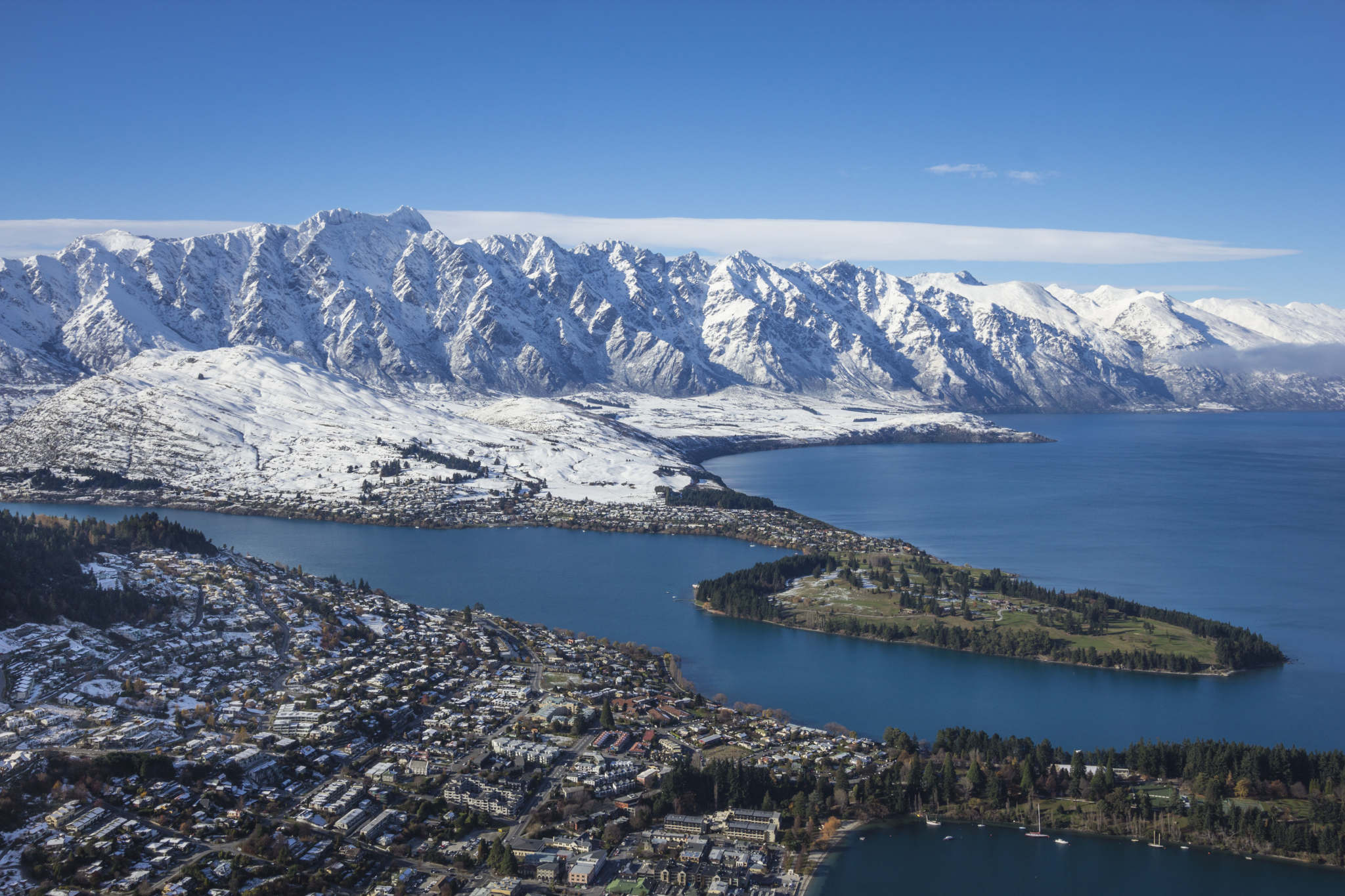Study: The best place to ride out a global societal collapse is New Zealand


If the skies were to darken, seas swell and economies crumble, where would be the best place to ride out global collapse of civilisation?
In the south-western Pacific, a country with six times as many sheep as people, according to a recent study.
New Zealand could be one of the last places standing.
Released this month in the journal Sustainability by researchers at Britain’s Anglia Ruskin University, the study aimed to better understand what destinations could survive independently in the face of a global disaster caused by the likes of climate change, a pandemic, a financial collapse or other cataclysmic disruptions.
Or, as the paper puts it: What destinations could survive as “nodes of persisting complexity” in the face of a period of rapid, uncontrolled and worldwide “de-complexification”.
Islands in temperate regions and with low population densities generally came out on top. Destinations were ranked on a variety of factors, including land area from capita, distance from other population centres and potential for renewable energy and agriculture.
Other potential “nodes” include Iceland, Tasmania and Ireland, the study found, and the researchers said they were surprised by a relatively strong showing from Britain. However, New Zealand was found to have the “most potential”.
Though New Zealand’s economy is highly globalised and the country currently relies on imports, it has “abundant” energy resources and agricultural land, the study found.
The research adds a new layer of academic validation to a trend that is already in place. In its coverage of the findings, the NZ Herald reported that many locals found the result “no surprise, with billionaires reported to be buying land for bunkers in New Zealand in preparation for an apocalypse,” although some have questioned the true extent of that trend.


New Zealand, an island nation of less than five million residents, has earned plaudits for its successful handling of the COVID-19 pandemic.
Auckland topped a global livability index released by the Economist Intelligence Unit in June. New Zealand was also ranked as the top country to ride out the pandemic in a 2020 ranking by Bloomberg News.
But even before the pandemic, New Zealand had a reputation as an escape route for foreigners – at least the wealthy ones.
In a 2019 documentary called Hunt For The Bunker People saw Vice News’ Baz Macdonald go searching for underground hideouts in the city of Queenstown that had reportedly been purchased by wealthy one percenters.
Two years before that, there was a political scandal after controversial Silicon Valley venture capitalist Peter Thiel was granted New Zealand citizenship after only four visits to the country. The Facebook investor bought a 193-hectare estate on the shores of Lake Wanaka in 2015, though local residents told CNBC last year that the land was neglected and forlorn.
Speaking to The Guardian, one of the authors of the “nodes” study said, “we need to start thinking about resilience much more in global planning”.
“But obviously, the ideal thing is that a quick collapse doesn’t happen,” Aled Jones of Anglia Ruskin University also told the newspaper.
Source: smh.com.au




